Home>Articles>How To Become A Certified Insulation Installer
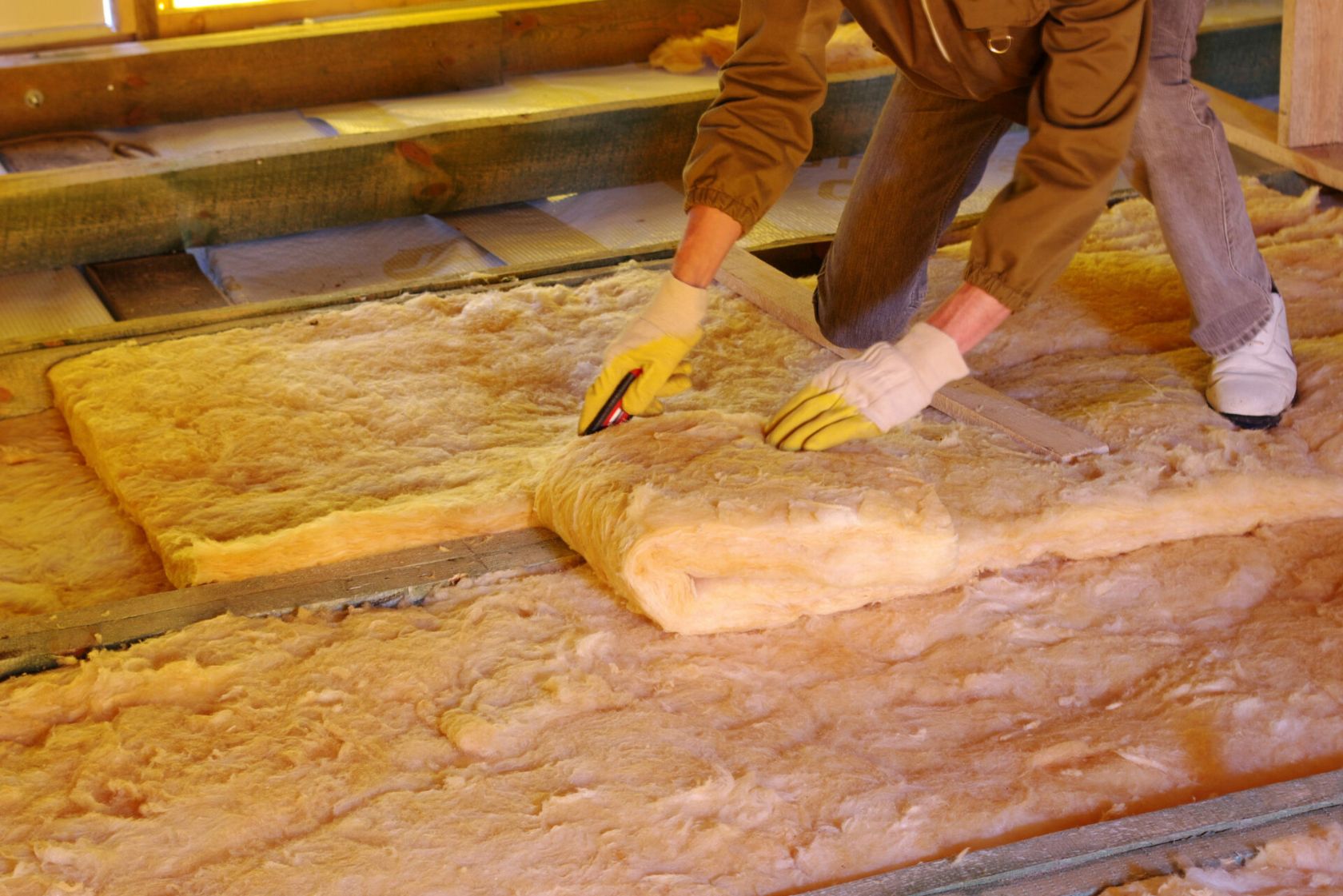

Articles
How To Become A Certified Insulation Installer
Modified: December 7, 2023
Learn the step-by-step process of becoming a certified insulation installer through informative articles and valuable tips. Enhance your skills and excel in the insulation industry.
(Many of the links in this article redirect to a specific reviewed product. Your purchase of these products through affiliate links helps to generate commission for Storables.com, at no extra cost. Learn more)
Introduction
As energy efficiency and sustainability become increasingly important in the construction industry, the demand for qualified insulation installers is on the rise. Insulation plays a critical role in improving the energy efficiency of buildings, reducing utility costs, and creating comfortable living and working environments. If you have an interest in working in the construction industry and want to contribute to energy conservation efforts, becoming a certified insulation installer is a great career path to consider.
In this article, we will dive into the world of insulation installation, exploring what it is, the benefits of becoming certified, and the steps to obtain certification. Whether you are just starting out or looking to advance your career in the construction industry, this article will provide you with valuable insights into becoming a certified insulation installer.
Key Takeaways:
- Becoming a certified insulation installer offers increased employability, career advancement, and expertise in energy efficiency. It also fosters customer trust, contributes to sustainability, and provides networking opportunities in the construction industry.
- To become a certified insulation installer, research certification programs, fulfill requirements, gain practical experience, and prepare for the exam. Continuing education and renewal are essential for maintaining certification and staying updated in the dynamic field of insulation installation.
Read more: How Do I Become A Certified Chimney Sweep
What is Insulation?
Insulation is a material or combination of materials that is used to reduce the transfer of heat, sound, or electricity. It is commonly applied in residential, commercial, and industrial buildings to regulate temperature, enhance energy efficiency, and provide soundproofing.
Insulation can be installed in various areas of a building, including walls, ceilings, floors, attics, and basements. It comes in different forms, such as batts, rolls, blown-in loose fill, and rigid foam boards. The choice of insulation material depends on factors such as the desired level of thermal resistance, fire safety, moisture resistance, and cost.
The primary function of insulation is to create a barrier that slows down the movement of heat. In cold climates, insulation helps to trap heat inside the building, reducing the need for excessive heating and keeping the interior warm. In hot climates, insulation keeps the heat out, preventing the warm air from infiltrating the building and reducing the need for excessive cooling.
Additionally, insulation contributes to soundproofing by absorbing and reducing noise transmission between different areas of a building. It also acts as a deterrent to the transfer of electrical currents, enhancing safety by minimizing the risk of electric shocks.
Overall, insulation is a crucial component of modern construction, providing numerous benefits to building occupants and the environment. By becoming a certified insulation installer, you can play a vital role in ensuring energy efficiency, comfort, and sustainability in buildings.
Benefits of Becoming a Certified Insulation Installer
Becoming a certified insulation installer offers a wide range of benefits, both professionally and personally. Here are some of the key advantages:
- Increased Employability: With the growing emphasis on energy efficiency and sustainable construction practices, the demand for skilled insulation installers is on the rise. By becoming certified, you enhance your employability and open doors to new job opportunities in the construction industry.
- Career Advancement: Certification not only expands your knowledge and skills in insulation installation but also demonstrates your commitment to professionalism. It can pave the way for career advancement, higher earning potential, and increased job responsibilities.
- Expertise in Energy Efficiency: As a certified insulation installer, you gain comprehensive knowledge in energy-efficient insulation materials and techniques. This expertise allows you to make informed decisions regarding the selection and installation of insulation products, helping clients achieve significant energy savings and reduce their environmental footprint.
- Meeting Industry Standards: Certification ensures that you adhere to industry standards and best practices in insulation installation. This guarantees that your work meets the required quality and safety standards, providing peace of mind to clients and employers.
- Customer Trust and Satisfaction: Being certified gives you a competitive edge by instilling trust and confidence in your clients. Certification demonstrates your competence and dedication to delivering high-quality work, leading to increased customer satisfaction and positive referrals.
- Networking and Collaboration: Certification programs often provide opportunities for networking and collaboration with other industry professionals. This enables you to connect with experts in the field, share knowledge, and stay updated on the latest advancements in insulation technology and techniques.
- Contribution to Sustainability: By becoming a certified insulation installer, you actively contribute to a more sustainable future. Insulation helps reduce energy consumption and greenhouse gas emissions, making a positive impact on the environment and promoting eco-friendly construction practices.
Becoming a certified insulation installer not only benefits your career but also allows you to make a difference in the construction industry while contributing to a more sustainable and energy-efficient world.
Steps to Become a Certified Insulation Installer
If you are interested in becoming a certified insulation installer, here are the general steps you can follow:
- Research Certification Programs: Start by researching certification programs that are recognized in the industry. Look for programs that provide comprehensive training and cover the necessary knowledge and skills required for insulation installation.
- Meet Requirements: Each certification program may have specific requirements that you need to fulfill. This can include a minimum age requirement, a certain level of education or experience, and compliance with any legal or safety regulations.
- Enroll in Training Courses: Once you have identified a certification program, enroll in the necessary training courses. These courses may be offered by training providers, trade associations, or even online platforms. Ensure that the courses align with the requirements of the certification program.
- Gain Practical Experience: While undergoing training, gaining practical experience is crucial to reinforce your knowledge and skills. Look for opportunities to work alongside experienced insulation installers or participate in apprenticeship programs to acquire hands-on experience in the field.
- Prepare for the Exam: Certification programs often require candidates to pass a certification exam. Review the exam guidelines and study materials provided by the program. Prepare for the exam by studying insulation installation techniques, safety procedures, building codes, and relevant industry standards.
- Take the Certification Exam: Once you feel prepared, schedule the certification exam and take it. The exam may consist of multiple-choice questions, practical assessments, or a combination of both. Be sure to familiarize yourself with the format and requirements of the exam beforehand.
- Fulfill Post-Exam Requirements: Upon passing the certification exam, you may need to complete certain post-exam requirements. This could include submitting documentation of your practical experience, paying certification fees, and maintaining active membership or continuing education requirements.
- Stay Updated: Insulation technology and industry standards are constantly evolving. It is important to stay updated on the latest developments in insulation materials, techniques, and regulations. Participate in continuing education programs, workshops, and seminars to enhance your knowledge and maintain your certification.
By following these steps, you can work towards becoming a certified insulation installer and position yourself as a qualified professional in the construction industry.
Requirements for Certification
To become a certified insulation installer, you will need to meet certain requirements set by the certification program you choose. While specific requirements may vary, here are some common prerequisites:
- Educational Requirements: Most certification programs do not have strict educational requirements. However, a high school diploma or equivalent is typically preferred. Some programs may also consider relevant trade school or vocational training as a plus.
- Experience: Experience in insulation installation is often required to become certified. The specific amount of experience required may vary, but generally, a minimum of one to two years of practical experience is recommended. This experience can be obtained through working under the guidance of experienced insulation installers or through apprenticeship programs.
- Skills and Knowledge: Certification programs generally assess your skills and knowledge related to insulation installation. You will need to demonstrate a good understanding of insulation materials, installation techniques, safety protocols, and building codes and regulations.
- Legal and Safety Compliance: Compliance with legal and safety regulations is of utmost importance in the construction industry. Certification programs typically require applicants to have a basic understanding of these regulations and to demonstrate adherence to them in their work.
- References and Recommendations: Some certification programs may require applicants to provide references or recommendations from employers or industry professionals. These references help validate your experience and skills in insulation installation.
- Continuing Education: After obtaining certification, many programs require you to engage in continuing education to keep your knowledge and skills up to date. This may involve attending workshops, seminars, or other educational activities related to insulation installation.
It’s important to note that the specific requirements for certification can vary depending on the program and certification authority. It is advisable to carefully review the requirements of the certification program you are interested in and ensure that you meet all the necessary criteria before proceeding with the certification process.
By meeting the requirements for certification, you demonstrate your commitment to professionalism, safety, and delivering high-quality work in the field of insulation installation.
Training and Education
When pursuing a career as a certified insulation installer, gaining the right training and education is crucial to develop the necessary knowledge and skills. Here are some options to consider:
- Trade Schools and Vocational Programs: Many trade schools and vocational programs offer courses specifically focused on insulation installation. These programs provide a comprehensive curriculum that covers insulation materials, installation techniques, safety protocols, and building codes. They often combine classroom instruction with hands-on training to ensure a well-rounded learning experience.
- Apprenticeship Programs: Apprenticeship programs allow aspiring insulation installers to learn the trade while gaining practical experience under the supervision of experienced professionals. These programs typically involve a combination of on-the-job training and classroom instruction. Apprentices learn the ins and outs of insulation installation, develop their skills, and gain valuable industry insights.
- Industry Associations and Organizations: Many industry associations and organizations provide training and educational resources for insulation installers. These resources can include workshops, seminars, online courses, and certification programs. By joining these associations, you can access valuable networking opportunities and stay updated on the latest advancements in insulation technology and techniques.
- Manufacturer-Sponsored Training: Insulation manufacturers often offer training programs to educate installers on the proper installation of their products. These programs provide detailed information about the specific insulation materials and systems offered by the manufacturer. By participating in manufacturer-sponsored training, you can enhance your knowledge and skills in installing their specific products.
- Continuing Education: Even after obtaining certification, it’s important to engage in continuing education to stay up to date with the latest trends, regulations, and advancements in insulation installation. Continuing education programs can include workshops, seminars, conferences, and online courses. These opportunities allow you to refine your skills, expand your knowledge, and demonstrate your commitment to professional growth.
When selecting a training and education option, consider factors such as the program’s reputation, curriculum, hands-on training opportunities, and instructor qualifications. Additionally, ensure that the program aligns with the requirements of the certification program you are interested in. By investing in your training and education, you will gain the expertise and confidence needed to excel as a certified insulation installer.
Research and choose a reputable certification program that is recognized by industry professionals and meets the standards of the insulation installation field.
Exam Preparation
Preparing for the certification exam is essential to increase your chances of success and demonstrate your knowledge and skills as an insulation installer. Here are some tips to help you effectively prepare for the exam:
- Review Exam Guidelines: Familiarize yourself with the exam guidelines provided by the certification program. Understand the format of the exam, including the number of questions, time limit, and any specific requirements or instructions.
- Study Insulation Materials and Techniques: Thoroughly review the different insulation materials and their properties. Understand their applications, advantages, and limitations. Also, study the various installation techniques for different types of insulation, such as batts, rolls, blown-in loose fill, and rigid foam boards.
- Learn Safety Procedures: Insulation installation involves working with potentially hazardous materials and in various environments. Familiarize yourself with safety procedures, including personal protective equipment (PPE), handling and disposal of insulation materials, and precautions for working in confined spaces or with electrical systems.
- Understand Building Codes and Regulations: Insulation installation must comply with local, state, and national building codes and regulations. Study these codes to ensure you understand the requirements for insulation installation, fire safety, moisture control, and energy efficiency in different types of buildings.
- Take Practice Tests: Practice tests are valuable tools to assess your knowledge and identify areas that require further study. Many certification programs provide practice tests or sample questions that resemble the actual exam. Take advantage of these resources to familiarize yourself with the exam format and improve your test-taking skills.
- Seek Additional Study Materials: Supplement your study materials with additional resources, such as textbooks, online articles, and study guides. Look for industry publications, technical manuals, and resources provided by reputable organizations or trade associations focused on insulation installation.
- Form a Study Group: Collaborating with others preparing for the exam can be beneficial. Join or form a study group with fellow insulation installers to discuss topics, clarify doubts, and share resources. This allows you to learn from others and gain different perspectives on the material.
- Focus on Weak Areas: Identify your weak areas and allocate more time to study those topics. Spend extra attention on areas where you feel less confident and seek clarification on concepts that are challenging to grasp.
- Manage Exam Anxiety: Exam anxiety is common, but proper preparation can help alleviate some of it. Develop effective study habits, establish a study schedule, take breaks when needed, and practice relaxation techniques. Ensure you get enough rest the night before the exam and arrive at the exam location early to minimize any last-minute stress.
Remember, thorough preparation is key to performing well on the certification exam. By following these tips and dedicating sufficient time and effort to study, you will increase your confidence and readiness to pass the exam with flying colors.
Taking the Certification Exam
Once you have completed your exam preparation, it’s time to take the certification exam to showcase your knowledge and skills as an insulation installer. Here are some important steps to follow when taking the exam:
- Check Exam Requirements: Review the exam requirements provided by the certification program. Make sure you meet all the prerequisites, including any documentation or identification that may be required on the day of the exam.
- Arrive Early: Plan to arrive at the exam location early to allow ample time for registration, check-in procedures, and any necessary paperwork. Rushing to the exam venue can cause unnecessary stress and may affect your performance.
- Bring Necessary Materials: Verify the items you are allowed to bring into the exam room. Some programs may only allow you to bring basic stationery, while others may provide necessary materials. Ensure you have a valid form of identification as well.
- Read Instructions Carefully: When you receive the exam instructions, read them thoroughly and follow them precisely. Pay attention to time limits, question formats, and any specific instructions provided by the exam proctor.
- Manage Your Time: Time management is crucial during the exam. Quickly skim through all the questions to get an idea of what is expected. Allocate time for each question or section, ensuring that you have enough time to answer all the questions within the given time frame.
- Answer Confidently: Read each question carefully and answer to the best of your knowledge. If you are unsure about a particular question, make an educated guess rather than leaving it unanswered. Remember to stay focused and maintain a positive mindset throughout the exam.
- Review Your Answers: If time allows, go back and review your answers before submitting the exam. Check for any errors or areas where you may have misunderstood the question. Ensure that you have provided all the requested information and have not inadvertently skipped any questions.
- Stay Calm and Composed: It’s natural to feel nervous during the exam, but try to stay calm and composed. Taking deep breaths and adopting positive self-talk can help reduce anxiety. Trust in the preparation you have done and believe in your abilities.
- Submit the Exam: Once you have reviewed your answers, submit the exam confidently. Double-check that you have followed all the necessary instructions and procedures for submitting the exam. Thank the exam proctor, collect your belongings, and exit the exam room.
After completing the exam, congratulate yourself on your efforts and await the results from the certification program. Remember that regardless of the outcome, the exam experience itself is a valuable learning opportunity and a stepping stone in your journey to becoming a certified insulation installer.
Whether you pass or not, reflect on your performance and identify areas for improvement. If you did not pass, use this as a chance to further enhance your knowledge and skills before attempting the exam again.
Post-Exam Requirements
After completing the certification exam, there are usually post-exam requirements that you need to fulfill. These requirements vary depending on the certification program you have chosen. Here are some common post-exam requirements:
- Documentation Submission: Some certification programs require you to submit documentation to verify your practical experience in insulation installation. This may include work logs, supervisor recommendations, or proof of completed projects. Make sure to gather and organize all the necessary documents as per the program’s guidelines.
- Certification Fees: There may be certification fees associated with obtaining your certification. Ensure you are aware of the payment structure and deadlines for fee submission. Pay the fees promptly to complete the certification process.
- Membership or Registration: Some certification programs require you to become a member or register with the certifying organization. This could involve providing personal information, agreeing to a code of ethics or professional conduct, and paying annual membership fees.
- Maintaining Active Certification: Once you have obtained your certification, you may be required to maintain an active certification status. This often involves meeting continuing education requirements, participating in professional development activities, and renewing your certification periodically.
- Continuing Education: Many certification programs have continuing education requirements to ensure that certified professionals stay current with industry advancements and best practices. These requirements may involve attending workshops, seminars, conferences, or completing online courses related to insulation installation.
- Renewal: Certification expiration dates vary among programs, but most certifications require renewal after a specific period, usually every one to three years. Renewal usually involves submitting renewal fees, providing proof of continuing education, and fulfilling any other program-specific requirements.
- Complying with Ethical and Professional Standards: As a certified insulation installer, it is important to adhere to ethical and professional standards set by the certification program. This may include demonstrating professional conduct, maintaining client confidentiality, and upholding industry integrity.
It is crucial to familiarize yourself with the specific post-exam requirements of your chosen certification program. Review the program’s guidelines, follow instructions carefully, and submit any required documentation promptly to ensure a smooth and successful certification process.
Remember, maintaining your certification and actively engaging in professional development activities not only showcases your commitment to the industry but also enhances your knowledge and skills, enabling you to provide the best possible service as a certified insulation installer.
Read more: How To Become An EV Charger Installer
Continuing Education and Renewal
Continuing education and renewal are essential aspects of maintaining your certification as an insulation installer. These processes ensure that you stay updated with the latest industry standards, techniques, and technologies. Here’s what you need to know about continuing education and renewal:
- Continuing Education Requirements: Certification programs typically require you to complete a certain number of continuing education credits or hours within a renewal period. These credits can be earned through attending workshops, seminars, conferences, completing online courses, or engaging in other educational activities related to insulation installation.
- Stay Up to Date: Continuing education allows you to stay informed about the latest advancements in insulation materials, installation techniques, energy codes, and sustainable practices. By staying up to date, you can provide superior service to your clients and enhance your professional expertise.
- Educational Resources: Take advantage of educational resources offered by industry associations, manufacturers, and trade organizations. These resources may include webinars, technical publications, industry journals, and interactive online courses that can provide valuable insights and expand your knowledge base.
- Professional Development: Engage in professional development activities that go beyond the required continuing education credits. This can include attending industry conferences, joining networking events, participating in community involvement projects, or volunteering for roles within professional organizations. These experiences can contribute to your growth as an insulation installer and help you build a strong professional network.
- Renewal Process: Certification renewal involves submitting the necessary documentation and renewal fees to the certifying organization. Be aware of the deadlines and requirements for renewal and ensure that you complete the process on time to maintain an active certification status.
- Benefits of Renewal: Renewing your certification demonstrates your commitment to professional development and your dedication to staying current in the field of insulation installation. It enhances your professional credibility, provides opportunities for career advancement, and can lead to increased job opportunities and potential for higher earnings.
- Recordkeeping: Maintain a record of your continuing education activities, including certificates of completion or attendance, course outlines, and dates of completion. This record will serve as evidence of your commitment to ongoing education and can be beneficial when applying for renewals or seeking employment opportunities.
As the field of insulation installation evolves, it is essential to prioritize continuing education and renewal. By continually expanding your knowledge, honing your skills, and renewing your certification, you position yourself as a knowledgeable professional in the industry and ensure that you are providing the best possible service to your clients.
Stay proactive in seeking educational opportunities and stay informed about changes in codes and regulations. By doing so, you can maintain your edge in the competitive field of insulation installation and continually grow in your career.
Conclusion
Becoming a certified insulation installer is a rewarding and promising career choice in the construction industry. Through proper training, education, and certification, you can play a vital role in improving energy efficiency, reducing utility costs, and creating comfortable living and working environments for building occupants.
In this article, we explored the world of insulation installation, understanding its importance and the benefits of becoming a certified installer. We also discussed the steps to becoming certified, including researching certification programs, fulfilling requirements, undergoing training and education, preparing for the exam, and taking the certification exam itself.
We emphasized the significance of continuing education and renewal in maintaining your certification. By participating in ongoing professional development, staying informed about industry advancements, and renewing your certification, you can ensure that you are providing the highest level of service and expertise to your clients.
Remember, the field of insulation installation is dynamic, and staying up to date with the latest materials, techniques, and regulations is crucial. Continued learning, practical experience, and adherence to industry standards will set you apart as a trusted and competent professional.
By pursuing a career as a certified insulation installer, you have the opportunity to make a positive impact on buildings, the environment, and people’s lives. So, if you are passionate about energy conservation, sustainability, and creating comfortable spaces, take the necessary steps to become a certified insulation installer and embark on a fulfilling journey in this in-demand field.
Frequently Asked Questions about How To Become A Certified Insulation Installer
Was this page helpful?
At Storables.com, we guarantee accurate and reliable information. Our content, validated by Expert Board Contributors, is crafted following stringent Editorial Policies. We're committed to providing you with well-researched, expert-backed insights for all your informational needs.

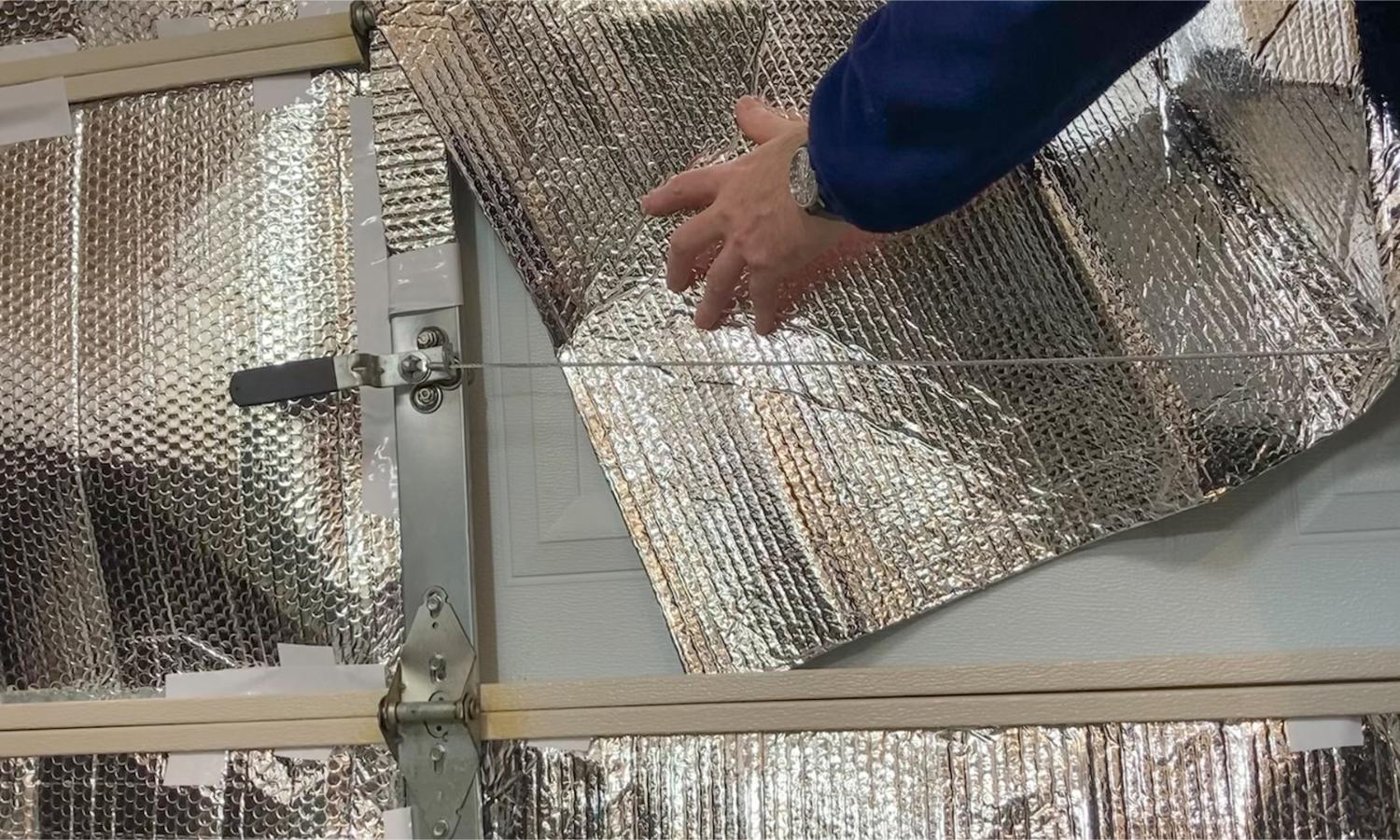
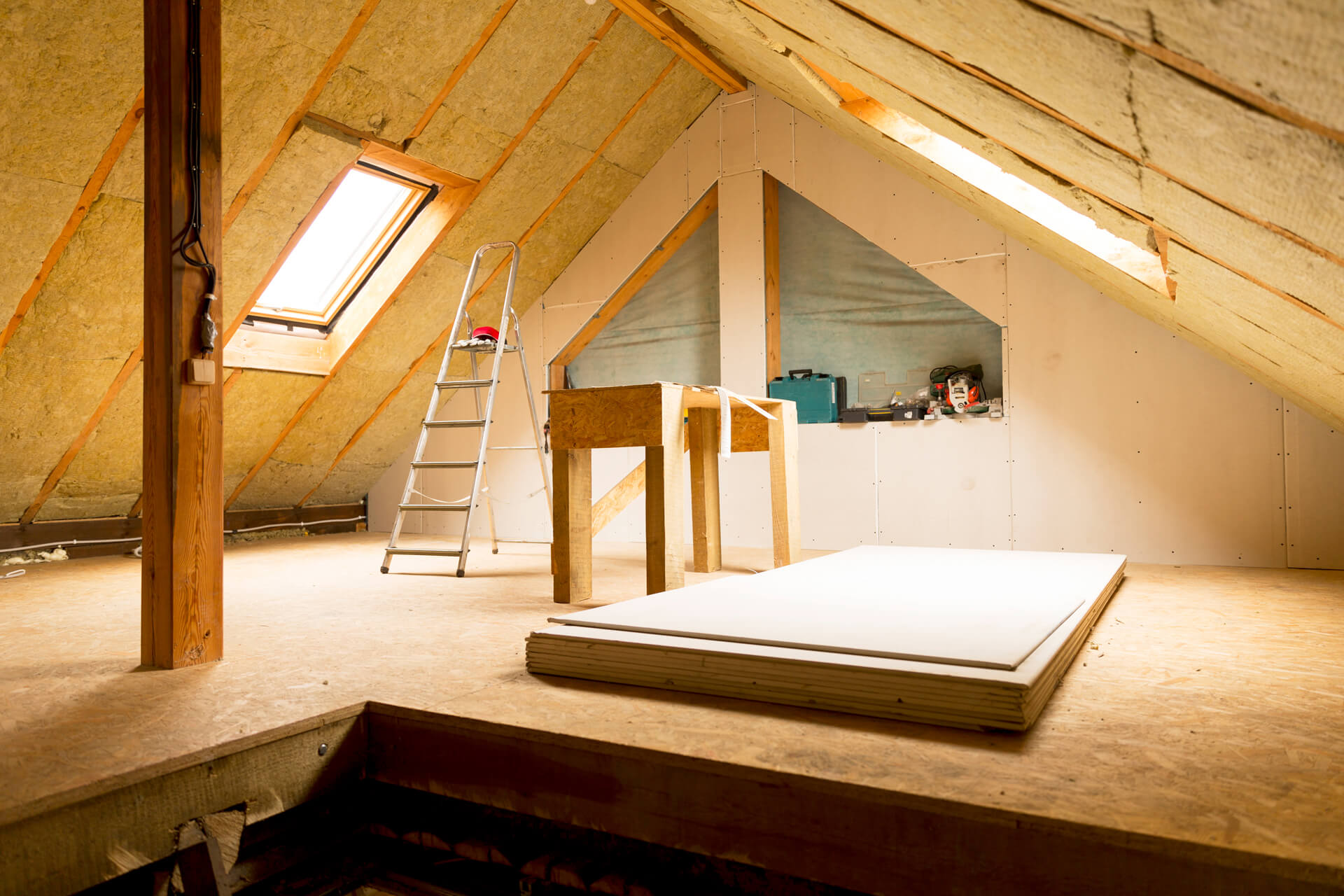
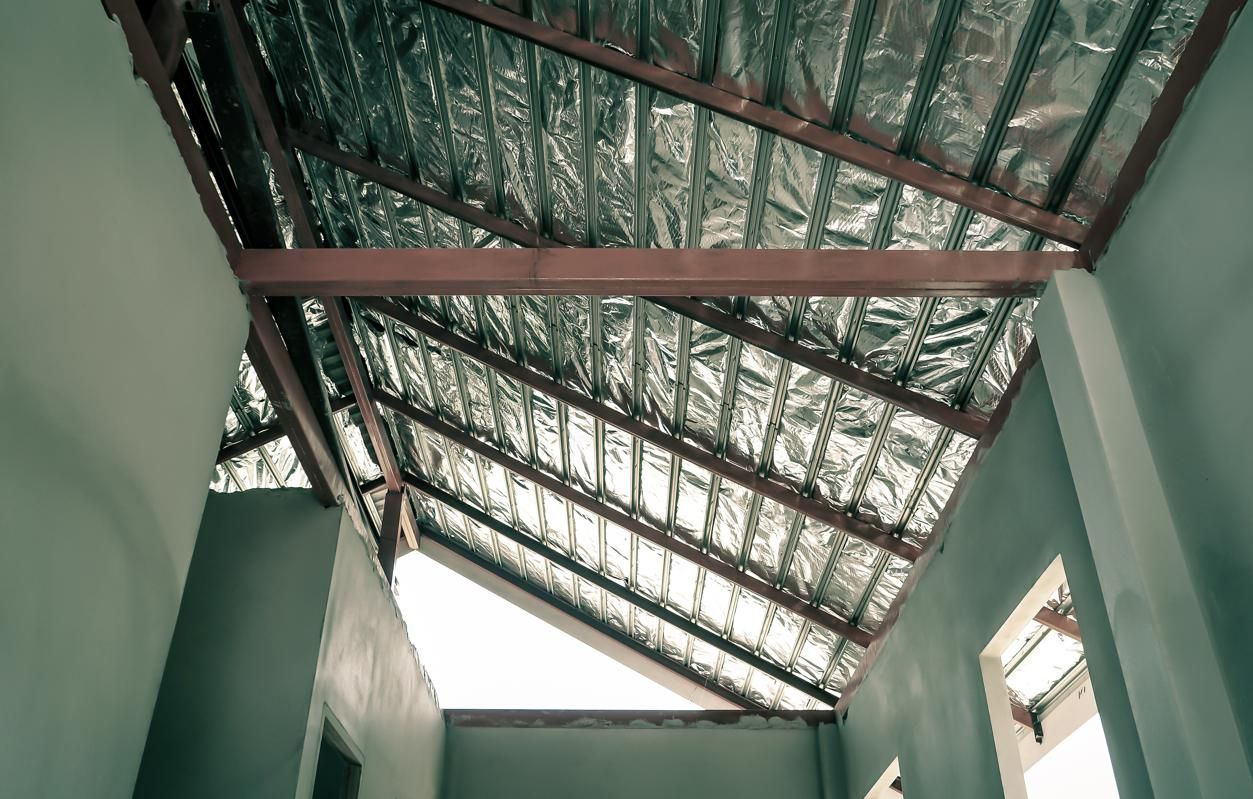
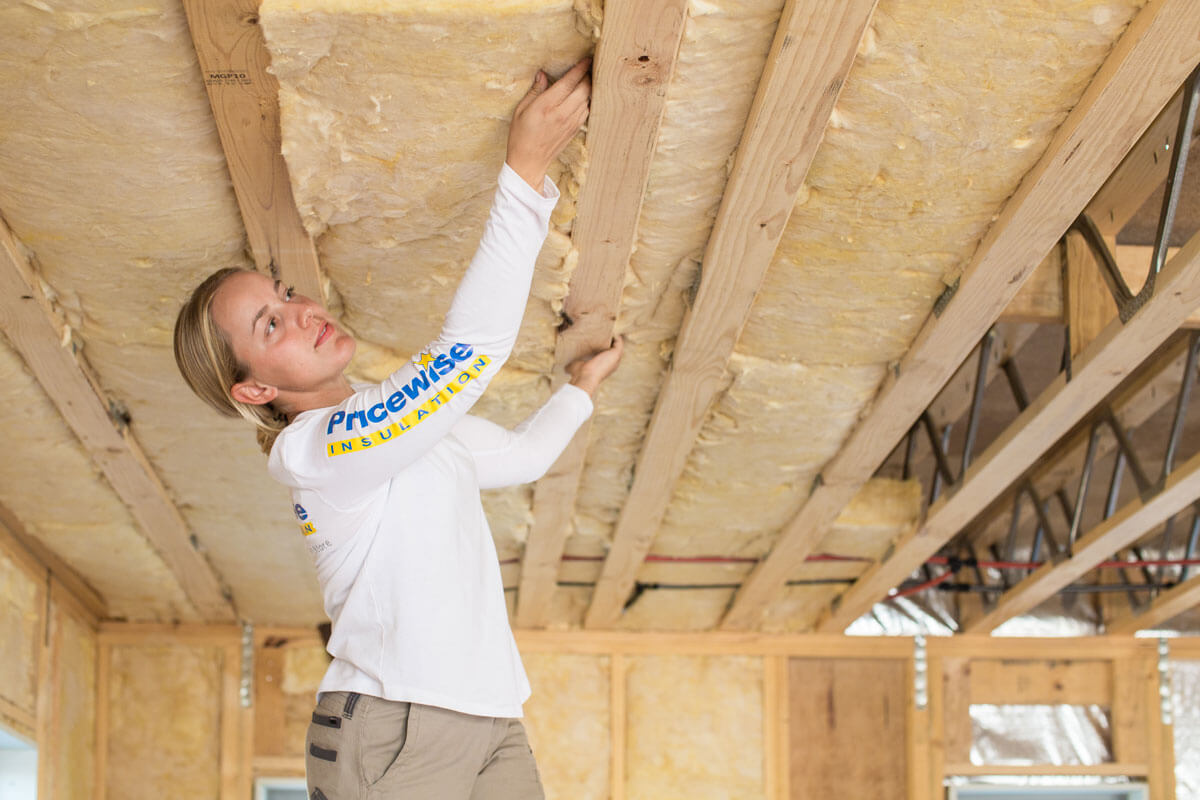
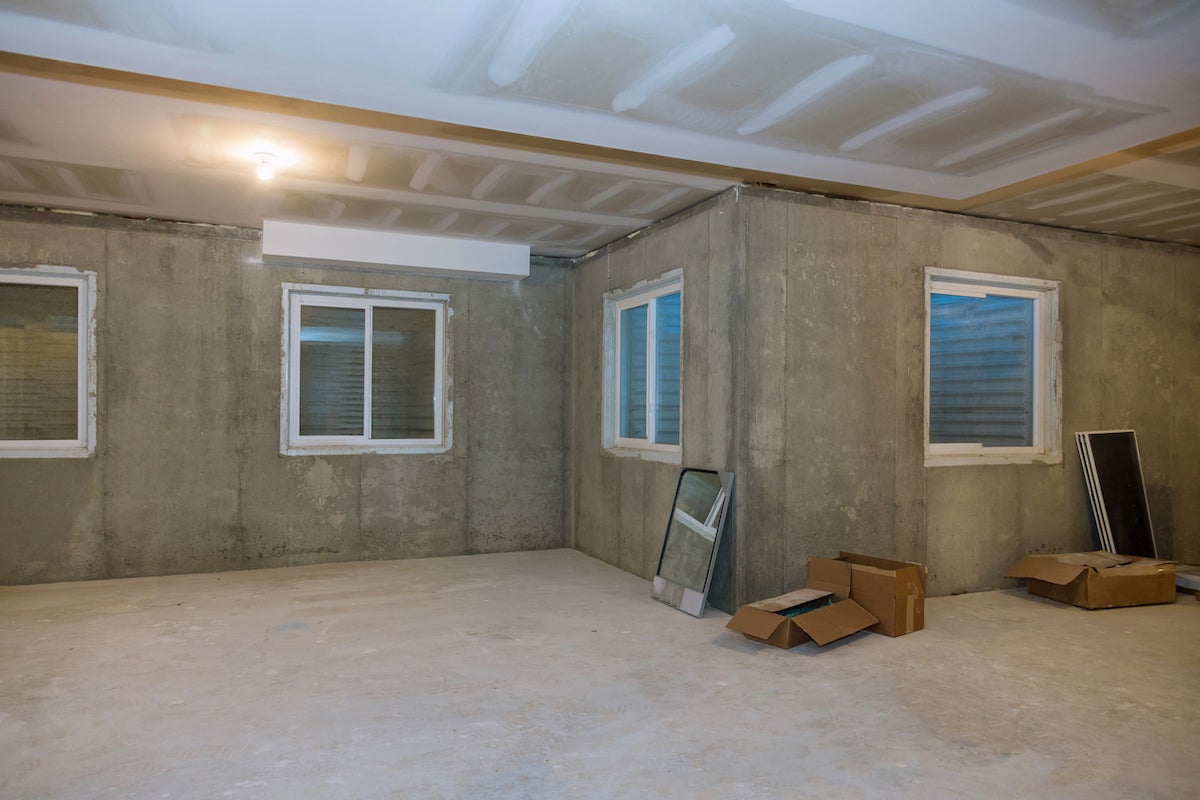
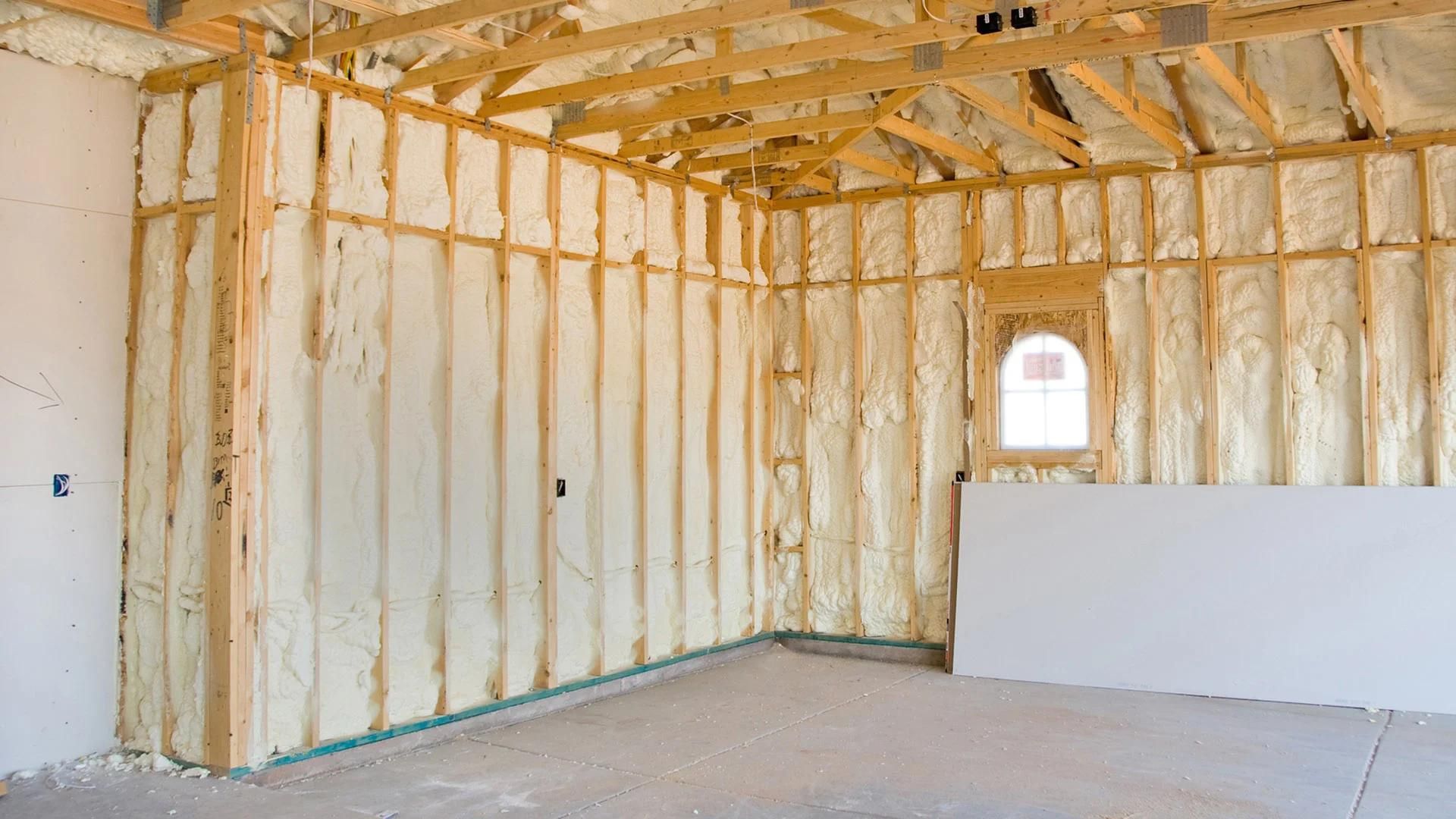
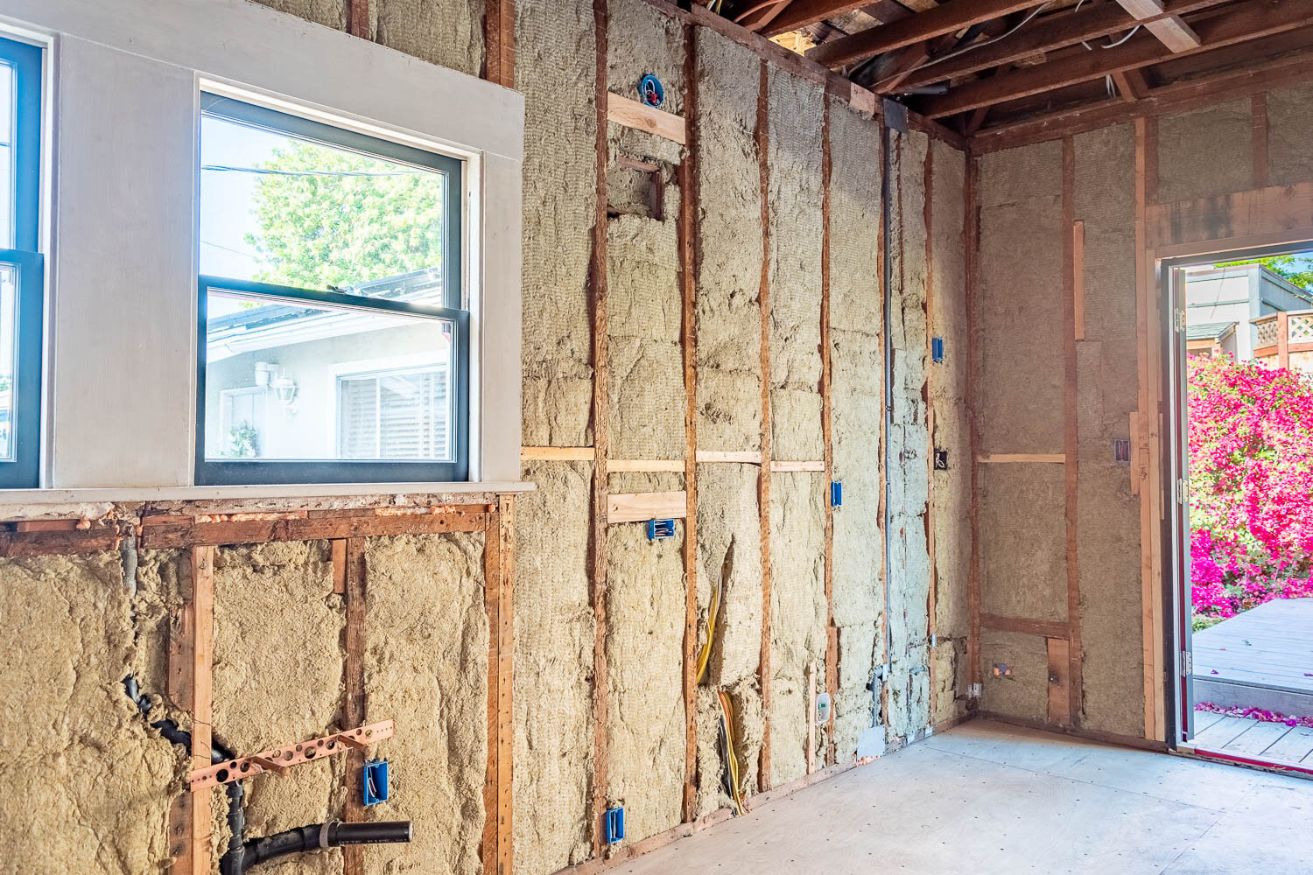
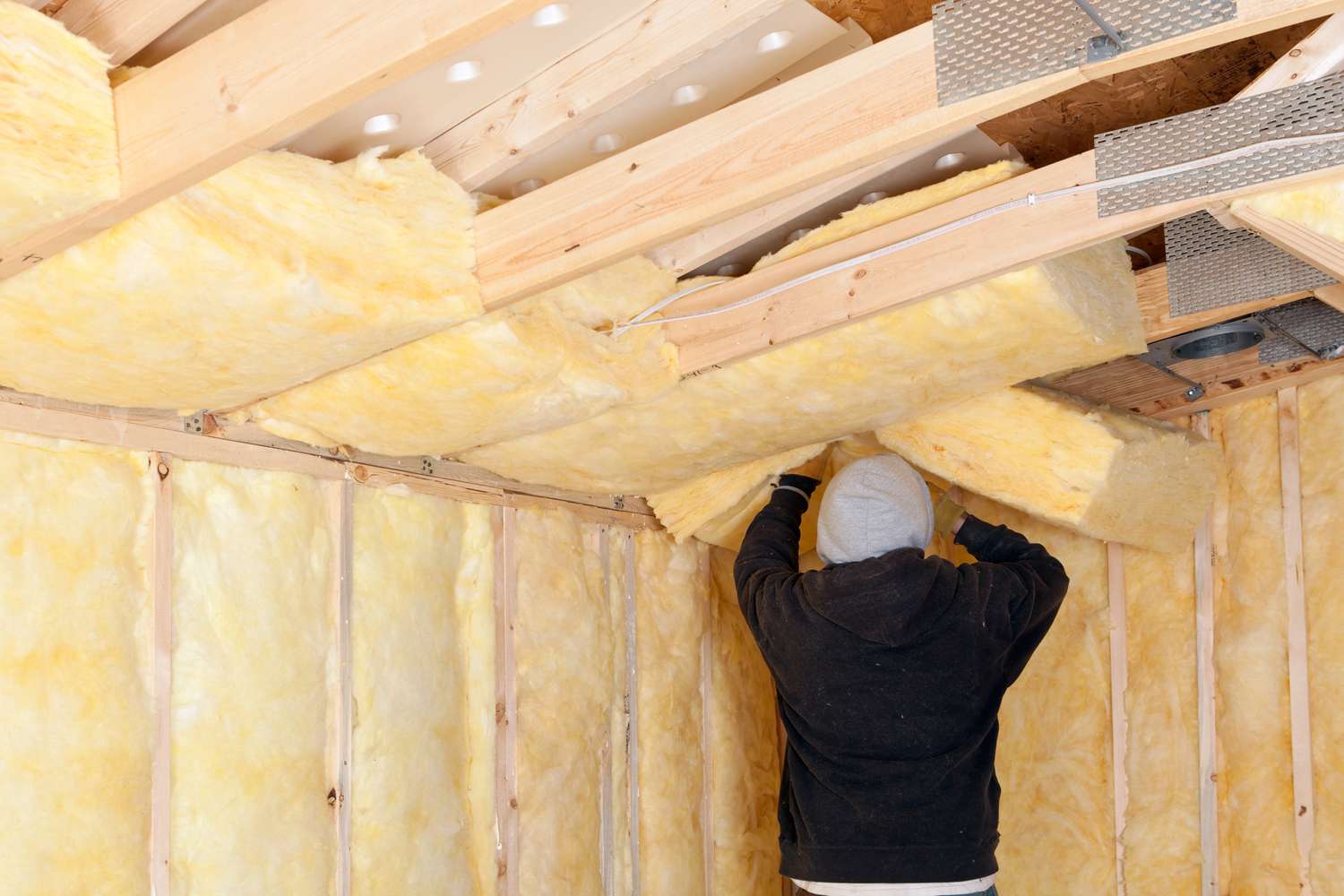
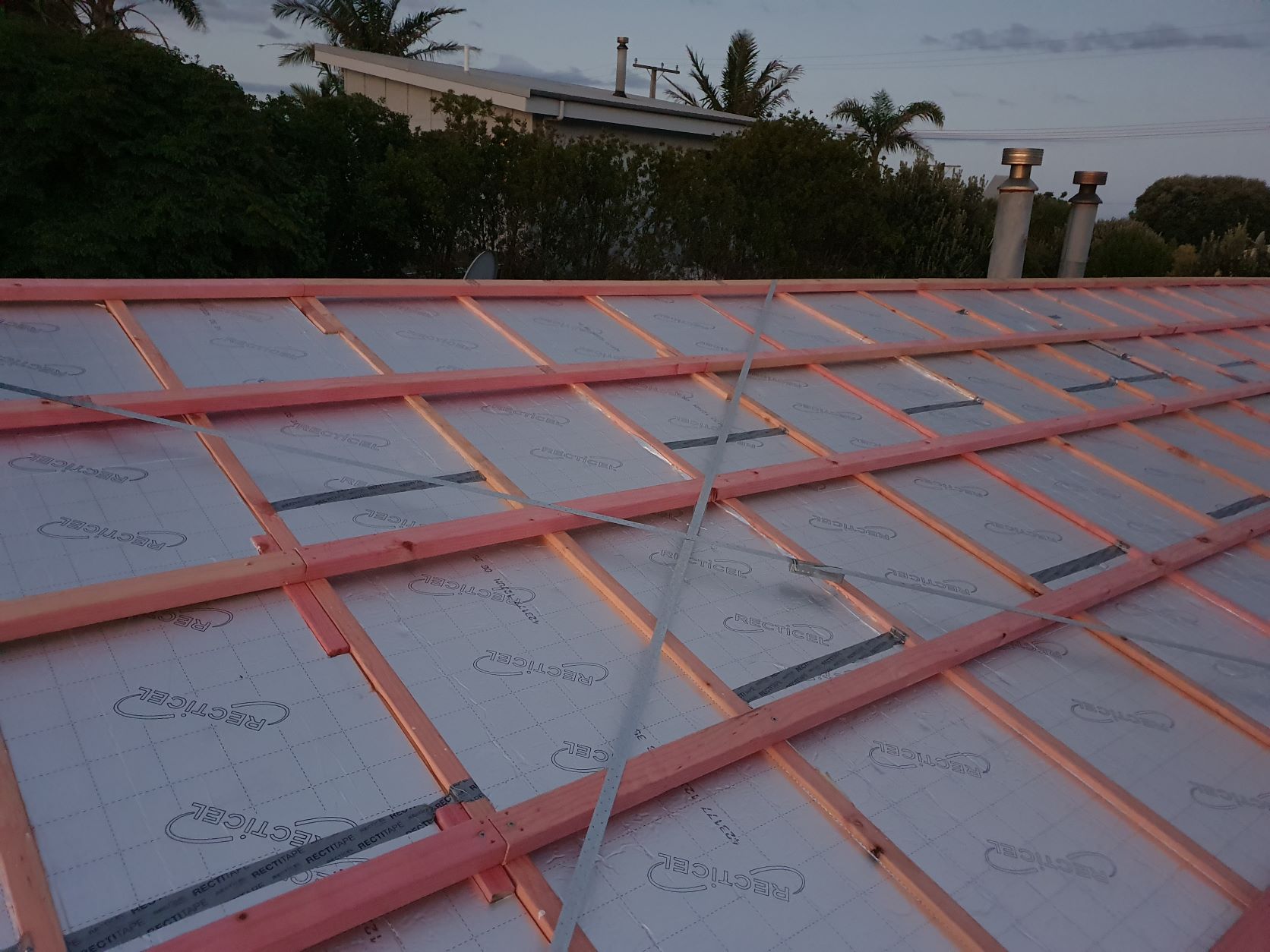

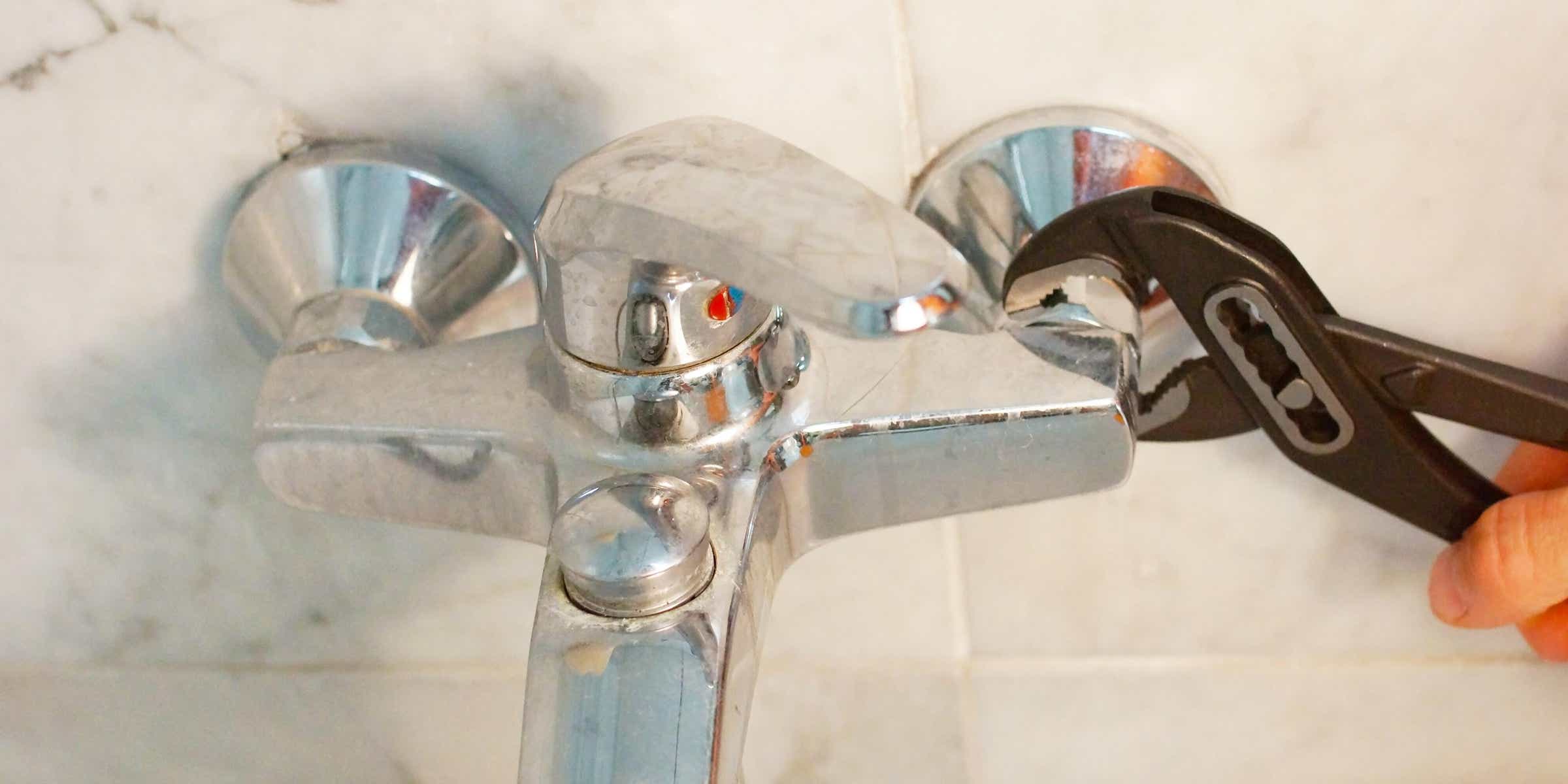
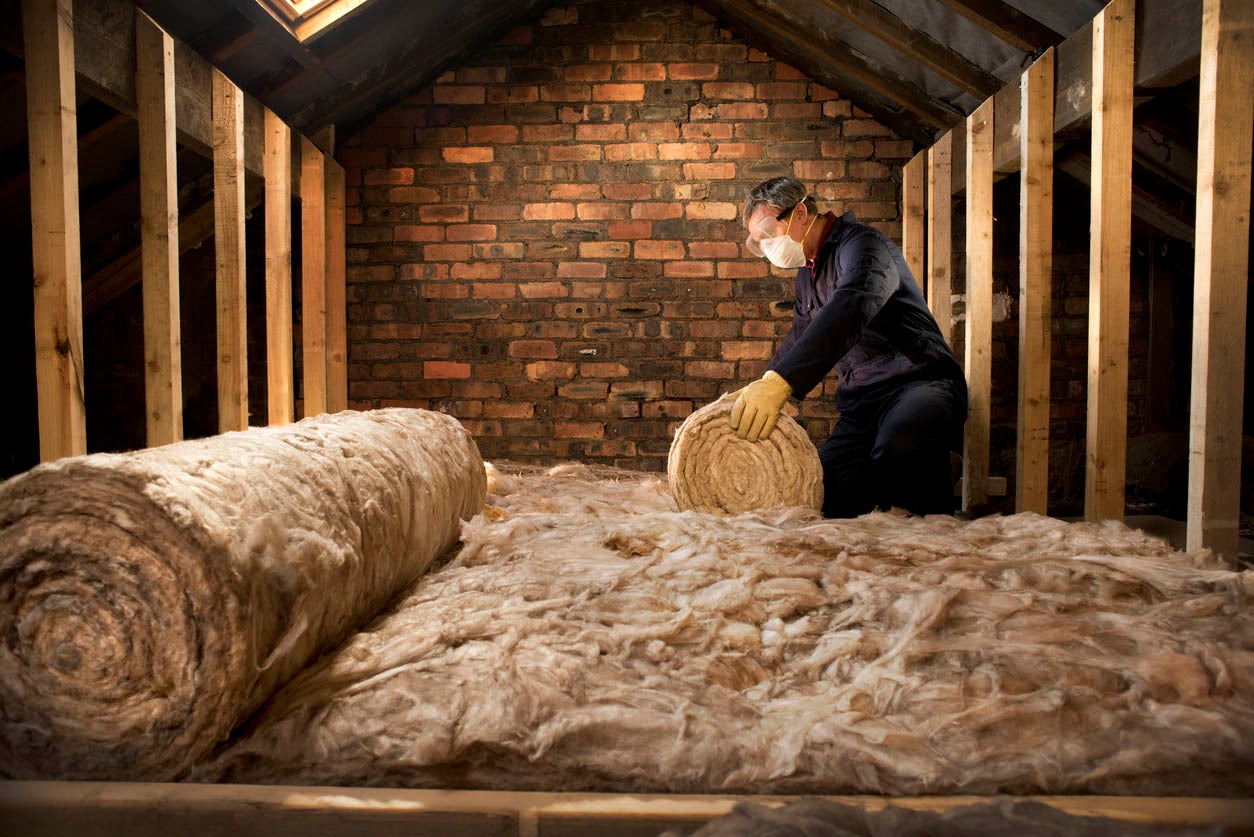

0 thoughts on “How To Become A Certified Insulation Installer”